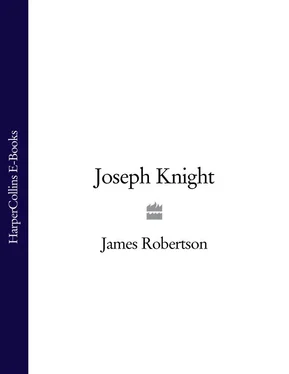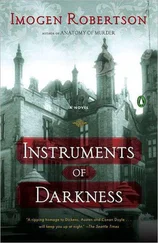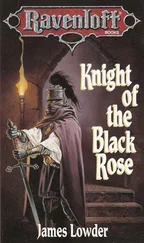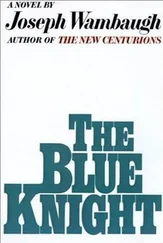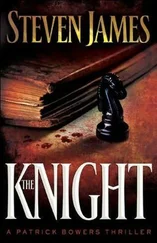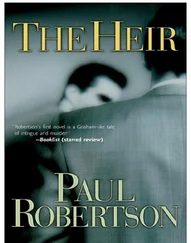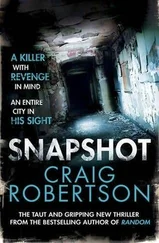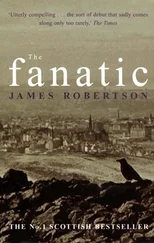1 ...6 7 8 10 11 12 ...23 It was the record of a life cut short, wasted. Sir John did not like waste of any kind. He looked at the inviting armchairs by the hearth, and decided against getting out the journal. One day soon, perhaps, a last glance – then into the fire with it. Right now, he wanted to sleep.
RUN AWAY
From Rosend-House, near Burntisland, 23d Nov . 1772 A NEGRO LAD called CAESAR, belonging to Murdoch Campbell of Rosend, and carried off several things belonging to his Master . – It is hoped no person will harbour or employ him, and that no shipmaster will carry him off the country, as his master is resolved to prosecute in terms of law .
The above Negro (called Caesar) is about five feet eight inches high, and eighteen years of age: He had on, when he eloped, a mixed cloth coat and vestcoat with plain yellow buttons, shamoy breeks, and a blue surtout coat .— Whoever will secure him in any gaol, or give information so as he may be secured to his master, or to Mr David Erskine writer to the signet, shall be handsomely rewarded .
EDINBURGH EVENING COURANT, 25 NOVEMBER 1772
FOR JAMAICA
The ship Nancy, John Steele Master, now lying at Greenock, will be clear to sail for Savannah-la-mar, by the 15th February 1776 .
For freight or passage, apply to Sommervel, Gordon and co. in Glasgow, or the Master in Greenock. The Nancy is a fine new vessel, and commodiously fitted up for passengers .
CALEDONIAN MERCURY, 17 JANUARY 1776
Drummossie Moor, 16 April 1746
Sir John Wedderburn, 5th Baronet of Blackness, forty-two years of age and feeling sixty, spoke to his son side-mouthed and out of the hearing of the troops drawn up a few paces in front. ‘The men are dead on their feet. I fear this may be the end, John.’
His caution was hardly necessary: most of them, though not yet dead, were half asleep, heads bowed, bonnets scrugged down against the wind and wet. The army stretched in thin grey lines across the sodden moor. Opposite them the Government forces waited in solid red blocks.
‘We are cold and hungry and exhausted,’ the father said. ‘Cumberland’s men are fat and rested and twice our number. It is not a happy meeting.’
‘We have won against the odds before,’ the son said. ‘And they are not desperate like us.’ Making a virtue out of desperation had turned his lips blue. He was shivering uncontrollably, and as he spoke another squall of sleet, colder and more vicious than snow, battered over the moor and hit him full on the face, forcing him to turn away from his father.
Two months before, he had celebrated, if that was the word, his seventeenth birthday by toasting the Jacobite army’s capture of Inverness. But even then it had been obvious that Prince Charles Edward Stewart and his Council were divided and running out of options. Even then, all young John Wedderburn had wanted was to go home. And now this. A shattered, sullen remnant of at most five thousand men, aching from a stumbling, useless march through the night – a failed attempt to surprise Cumberland’s camp with a dawn attack – and a misty afternoon laced with sleet and bitter wind. It was April, but felt more like midwinter.
Sir John put his arm around his son’s shoulders, pulling him close. An observer might have thought he was simply trying to rub warmth into him. He spoke urgently into his ear. ‘John, when this starts the outcome will be clear in a matter of minutes. If we take the fight to them perhaps we have a chance. But the MacDonalds have no belly for it on the left. They are nursing their injured pride, and without them this army has no backbone.’
‘ We are its backbone,’ the boy said, sweeping his arm at the two battalions of Lord Ogilvy’s regiment formed up in front of them: Angus men, drawn from the glens of Isla, Clova and Prosen; from the Sidlaws, Forfar and Dundee. Hard, silent cottars from lands straddling the Highland-Lowland divide, they had marched without complaint the hundreds of miles to Derby, then back to Scotland and all the way to this bleak northern moor. Some had been killed, others had slipped away to Inverness in search of food, a few had deserted and headed back south to their homes, but nearly five hundred remained, relatively well armed with musket and sword, still maintaining the discipline which had begun to break down among the northern clansmen.
Because of his social position, young John Wedderburn was a captain in the Glen Prosen company raised by his uncle Robert. To him was given the honour of carrying the colours, which were snapping and billowing angrily a few yards away, kept upright for the time being, and with great difficulty, by a tiny drummer boy jacked between the staff and the wet ground; and though Wedderburn was too young to lead troops into battle, and acted more as an aide de camp to Lord Ogilvy, he felt it his duty to hold out some hope of success. ‘We are the army’s backbone,’ he said again, trying to convince himself.
His father shook his head. Hopelessness was all over his face.
Poverty was what had led Sir John to throw in his lot with the Prince. Although he had inherited the title Baronet of Blackness on the death of his father, it had come without land, since one of the 4th Baronet’s last acts had been to sell the estate, on the edge of Dundee, in a desperate attempt to make ends meet. Since then, the family had been living on a run-down farm at Newtyle, a few miles to the north-west of the town. Lured by the prospect of reward into what had not then seemed a mad and impossible enterprise, the new Baronet had allowed himself to be persuaded to accept an appointment as collector of excise for the Prince, and now he feared all those receipts held by the merchants and magistrates of Perth and Dundee – receipts which bore his signature. They had been signs of his diligence. Now they were paper witnesses to his complicity.
‘Listen to me,’ he urged. ‘If it goes badly, do not wait for the end. Ride away before it is too late.’
‘Leave my men, sir? Desert the colours? How can I do that?’
‘We are being held in reserve here. Your men may not even be called upon to engage. If it comes to a retreat, you’ll only be a step ahead of them. In a way you’ll be leading them.’
The boy blinked at the ground, as if dazed by the lameness of this reasoning. ‘And you?’ he mumbled. ‘What about you?’
‘I’ll not be far behind you. I’ll stay with my Lord Ogilvy as long as I can, but I’ll not wait to be killed if that’s all there is to be had from the affair. Nor, I doubt, will he. Don’t look affronted, lad. There’s no shame in this, no disgrace. Better to live for another day, if there’s to be one, than be butchered in a bog.’ He looked around quickly, as if expecting the Prince to walk by and accuse him of treachery. ‘John, I am your father. Do you love me?’
‘Yes, Papa, of course.’
‘Then honour and obey me.’
A thin series of cheers went up in front as Lord Ogilvy and the Duke of Perth rode along the line, waving their hats. Ogilvy’s regiment was in the second line of the army. To the right, seventy yards ahead, and only three hundred from the red coats of the Government forces, were the men of Atholl, who had been given the place usually taken by the MacDonalds, who felt insulted as a result. In return for this privilege, the Atholl men were up to their shins in bog, and crowded together by a dyke running along their right between them and the river Nairn. Across the moor Cumberland’s drums were rattling away like hailstones. Shouts from the Highland officers drifted up into the heavy air. Men began to stamp their feet, check their powder and muskets. It was just after one o’clock.
Читать дальше
